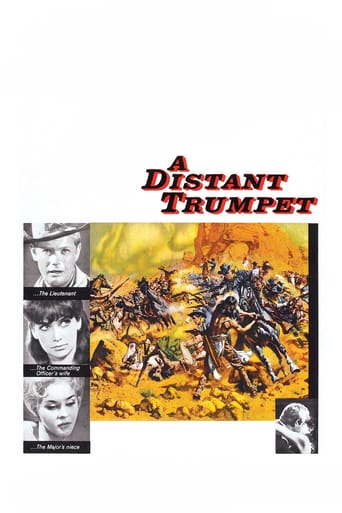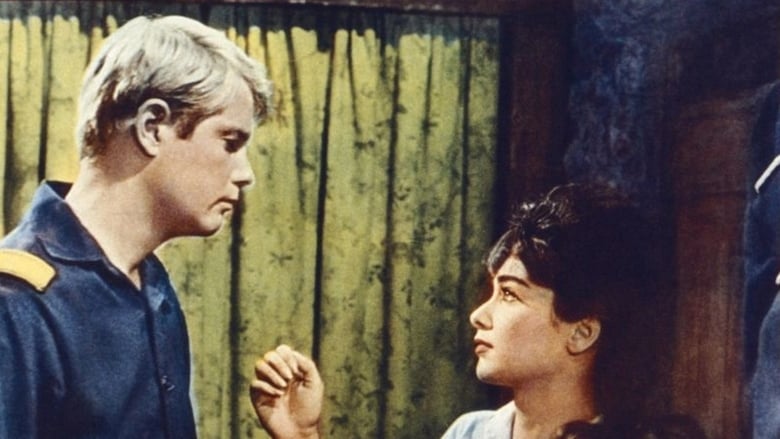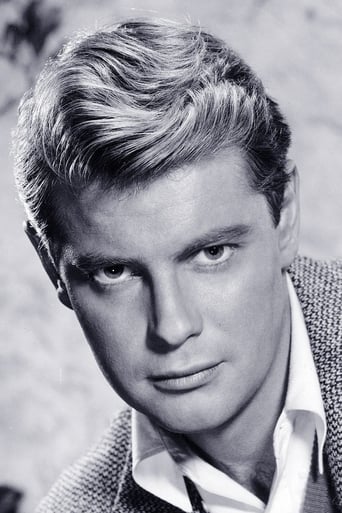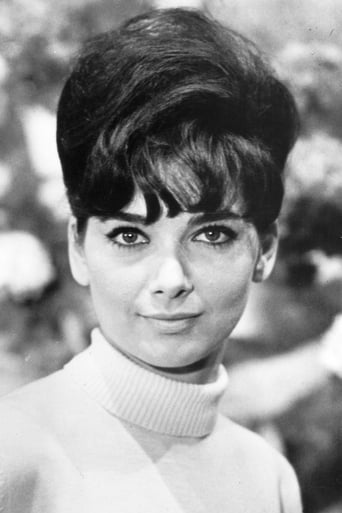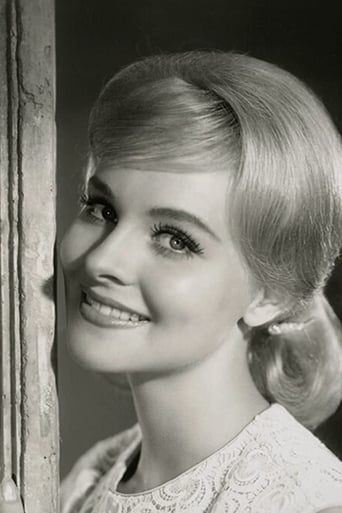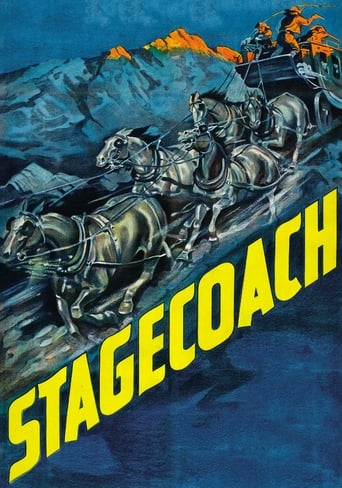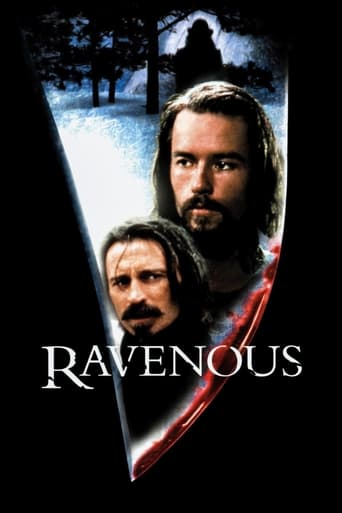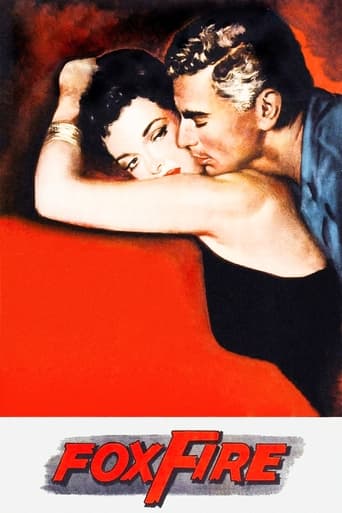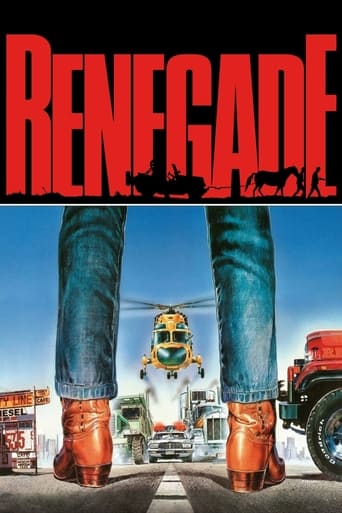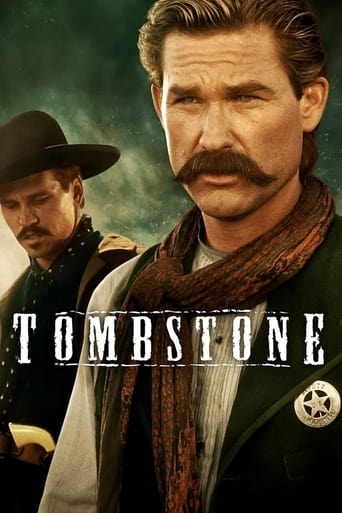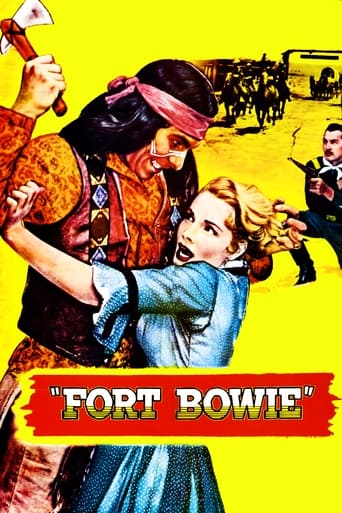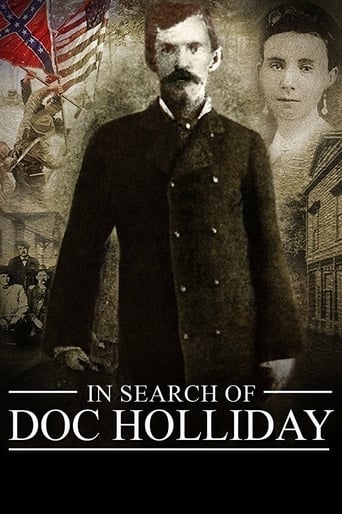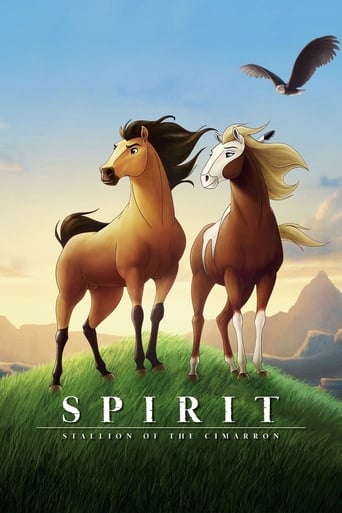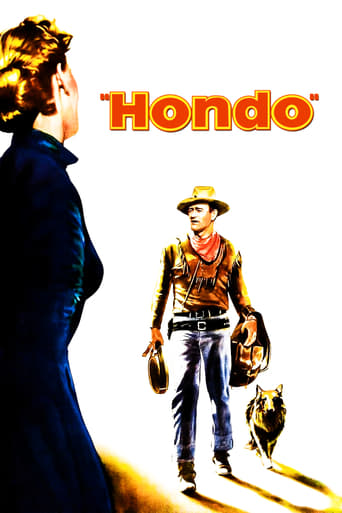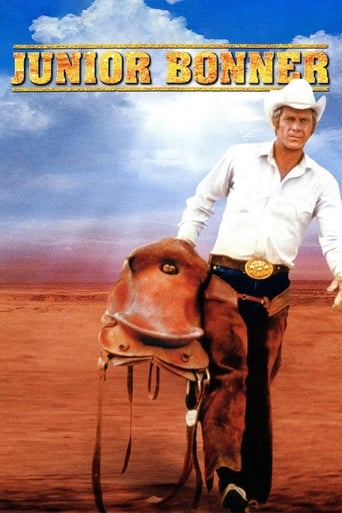A Distant Trumpet (1964)
In 1883, US Cavalry lieutenant Matthew Hazard, newly graduated from West Point, is assigned to isolated Fort Delivery on the Mexican border of Arizona, where he meets commanding officer Teddy Mainwarring's wife Kitty, whom he later rescues from an Indian attack.
Watch Trailer
Cast


Similar titles
Reviews
I don't have all the words right now but this film is a work of art.
Good story, Not enough for a whole film
Admirable film.
At first rather annoying in its heavy emphasis on reenactments, this movie ultimately proves fascinating, simply because the complicated, highly dramatic tale it tells still almost defies belief.
Having watched quite a few B-Westerns lately it is obvious that this film had much more money spent on it; rather than a small cast and obvious California locations it has a large cast and is clearly filmed in the area it is set; this obviously benefits the film... it is also about half an hour longer than those B-films and I'm not so sure that is to its advantage. Set in 1883, later than many westerns, the Indian Wars are almost over; only a few renegades hold out over the border in Mexico from where they can strike with impunity. Into this situation West Point graduate 2nd Lt. Matt Hazard is sent to a remote border fort. Here he finds ill discipline and poorly trained men; while the acting CO Lt Mainwarring is away he takes it upon himself to bring the men up to the standard he believes is required if they are to survive combat with the Apaches of Chief War Eagle. After an incident where he rescue's Lt. Mainwarring's wife Kitty from the Indians the two of them grow close and when his fiancée turns up it is clear that she is jealous of Kitty. Inevitably there is a confrontation with War Eagle's troops but rather than ending in the expected military victory Hazard must follow War Eagle to Mexico with just an Indian Scout to talk War Eagle into surrendering by promising him that he hand his people will be free to live on a reservation in Arizona... a promise the government seem happy to break.I was somewhat surprised at the lack of a well known lead; Troy Donahue did a good enough job as Lt Hazard but didn't really have the presence I'd have expected, Suzanne Pleshette was a good leading lady although her role was fairly small. The highlights of the film were the numerous action sequences where large numbers of cavalrymen fought against a similar number of Indians; people were constantly being shot off horses and no amount of modern CGI can match the skilled work of stuntmen used in a film like this. For much of the film I thought the Apache were clearly meant to be the bad guys but I was pleasantly surprised that by the end they were depicted as an honourable foe and it was the apparently good US Cavalry who were behaving dishonourably... although obviously our hero stood up for the people he had negotiated a peace with. At nearly two hours the film did drag a bit and would probably have been improved if the romantic subplot had been lost; still it was worth watching and I'd recommend it to fans of the Western genre.
A Distant Trumpet is directed by Raoul Walsh and written by John Twist with the adaptation from Paul Horgan's novel by Richard Fielder & Albert Beich. It stars Troy Donahue, Suzanne Pleshette, William Reynolds, Diane McBain, Claude Akins & James Gregory. Max Steiner provides the musical score and William H. Clothier is the cinematographer.1883, Fort Delivery, Arizona, and newly posted Lieutenant Matthew Hazard (Donahue) is about to be thrust into two wars. One is of the heart, the other pits him against the last pocket of Indian resistance: the Chiricahua's, led by the mighty War Eagle.A blunderbuss "A" class production from Warner Bros that feels like a "B" class Oater from the 50s, A Distant Trumpet has much to recommend to the Western fan. Driven by a rousing cavalry themed score by Steiner, and beautifully photographed by Clothier around Red Rocks (New Mexico) & Painted Desert (Arizona) in Panavision/Technicolor, it's a film that carries a message and pays respect to the topic to hand. Without doubt the makers are keen to mark it out first and foremost as an adrenaline fuelled Cavalry Vs Indians based picture, with Walsh grandly staging the action sequence with skill (100s of extras/stunt men, no CGI here), but although the script could have done with some more work as regards the characterisations, the screenplay does make rich on the promise of adult themes. While the decision to let the Indian characters speak their own language is also a major bonus.Where it falls down is three fold. Firstly is the problem of asking the average Donahue to carry the film, he may be easy on the eye to those so inclined, but his one note, expressionless, performance is often a distraction to the many splendours around him. Secondly is that the twin lovelies of McBain & Pleshette are underwritten and underused respectively, which in a film that's nearly two hours long (too long and that's the third point) is an act of stupidity. Some would argue that the love triangle sub-plot is an uneasy fit on context to the "war" at the film's core, but it does have value in regards to showing the point of view of the ladies marrying into the army way of life. Yes it should have been formed better, particularly from McBain's (yellow hair, yellow dress and vanilla ice cream skin) character's angle , but it does exist in the narrative and it's good to see.It's far from the great swansong that Raoul Walsh deserved, but its pluses far outweigh the negatives. Be it battle orchestration (cliff top attack rules!), observing the thorn between two roses dynamic or just that it affords respect to the Indians, it's a film easily recommended to the genre fan. Besides which, Steiner and Clothier make it essential viewing. 7/10
Troy Donahue and Warner Bros had a great collaboration starting with "A Summer Place" and following with "Parrish" "Susan Slade" "Rome Adventure" and "Palm Springs Weekend" where Troy was always first billed over stars such as Claudette Colbert, Karl Marlden and Angie Dickinson, etc. Jack Warner obviously decided it was time to ramp up the Troy Donahue films and assigned veteran and legendary director Raoul Walsh who directed many of Warner Bros. greatest stars such as Errol Flynn in this rousing action drama. In addition William Clothier another stalwart professional of great films was the Cinematographer. First rate Warner Bros. production values and great action scenes crafted by Raoul Walsh, and some fine acting by a cast of supporting players makes this a fine film to watch anytime. Thumping Max Steiner score is tops.Warners in the 1960's had a large group of fine contract players and Jack Warner slotted them in major Warner Bros films when he could so look here for Diane McBain and William Reynolds -both WB contract players- in this film. For Diane McBain this was her second film with Troy Donahue after "Parrish" and Suzanne Pleshette who married Troy Donahue after "Rome Adventure" is also cast.Very effective western with a splendid rousing memorable Max Steiner score.
Bringing closure to the Apache hostilities on the Arizona frontier is the subject of this cavalry-Indian dust-up. William Clothier's wide screen CinemaScope camera captures the colorful vistas and expanses of the southwest where the battles take place. The casting of the picture is somewhat off-beat, from the heroic Matthew Hazard to the Latin-quoting General Alexander Upton Quait and finally, and tragically, to the cowardly Private Cranshaw. The Indian scouts serve the cavalry with bravery and dignity while their wild and fierce brethren ride the warpath a final time to hold on to their way of life. There is also a romantic triangle that complicates matters at the post. Director Raoul Walsh, an old hand at action westerns, serves up several Indian-trooper clashes and Max Steiner contributes a very nice score that is reminiscent of his earlier music in John Ford's legendary westerns.

